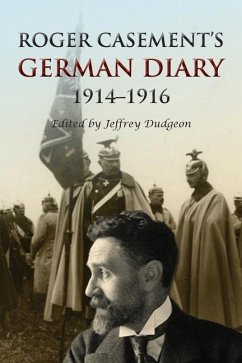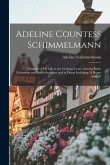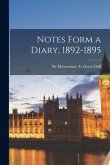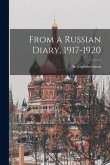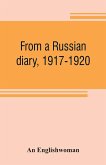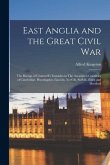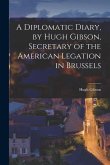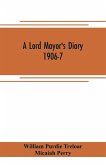This is the definitive version of Roger Casement's German Diary covering the years 1914 to 1916 when, after the war started, he went to Berlin seeking support for Irish independence. With over 350 pages and 150,000 words, it is unabridged where another writer has edited out 20% of the original text. Those cuts are at times from the most sensitive of areas, including the behaviour of the German Army in Belgium and Casement's increasing disillusionment with the Kaiser's Imperial Government and Prussian militarism.The diary and many linked letters give a vivid impression of a man under stress in an alien environment who still manages to observe, describe and appreciate much of what he sees around him. He writes as an outsider of a nation at war with England and France. Casement's growing frustrations however come to the point where his own mental health is destabilised. The final section describes his frantic attempts both to get sufficient arms shipped to the separatist Irish Volunteers and to travel by submarine to Kerry with a view to getting the Easter Rising called off.The book concludes with a series of appendices exploring aspects of his time in Germany, the part played by his accomplices in the Rising, and the role of British and German Intelligence. The continuing controversy over the authenticity of his earlier diaries is also addressed.This is a companion volume to the author's 'Roger Casement: The Black Diaries - with a Study of his Background, Sexuality, and Irish Political Life' which was published in an extended 2nd edition (both paperback and Kindle) in early 2016.
Bitte wählen Sie Ihr Anliegen aus.
Rechnungen
Retourenschein anfordern
Bestellstatus
Storno

